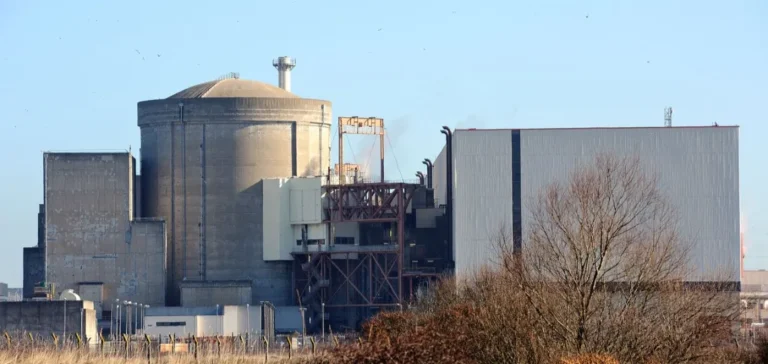The Gravelines nuclear power plant, located on the North Sea coast, has regained full production capacity after an exceptional incident that occurred between August 10 and 11. Four reactors had been automatically shut down due to a sudden influx of jellyfish into the seawater filtration systems. EDF confirmed that production unit no. 3, the last to remain offline, was reconnected to the national grid on Saturday. Units no. 2, no. 4, and no. 6 are also operating, while reactors no. 1 and no. 5 remain in scheduled maintenance.
Automatic but controlled interruptions
The drum filters, designed to protect the cooling circuits, were saturated by the massive influx of jellyfish. This mechanism triggered the automatic shutdown of the facilities, preventing any disruption to nuclear cooling. The Autorité de sûreté nucléaire et de radioprotection (ANSR – Nuclear Safety and Radiation Protection Authority) confirmed that reactor safety had not been compromised and that no risk was identified for staff or the environment. EDF stated that unit no. 4 experienced another short preventive disconnection on August 20 due to a resurgence of jellyfish.
A known but hard-to-predict phenomenon
Similar events had already been observed in the 1990s at Gravelines, as well as in other countries such as the United States, Sweden, Scotland, and Japan. The scale of the phenomenon varies, but it remains significant enough to cause complete production shutdowns, as seen in August. Gravelines, the largest nuclear power plant in Western Europe, was completely offline for nearly two days, temporarily reducing its contribution to the national grid.
A recurring factor for power generation
The seasonal presence of jellyfish swarms along the northern French coast is regularly reported by scientists. Dominique Mallevoy, head of aquariology at the Nausicaá center, notes that large swarms are being observed more frequently during the summer. According to experts, several factors explain this recurrence, including rising water temperatures and the decline in natural predators. For nuclear operators, such incidents remain an operational element to anticipate, as they directly affect the availability of production units.






















